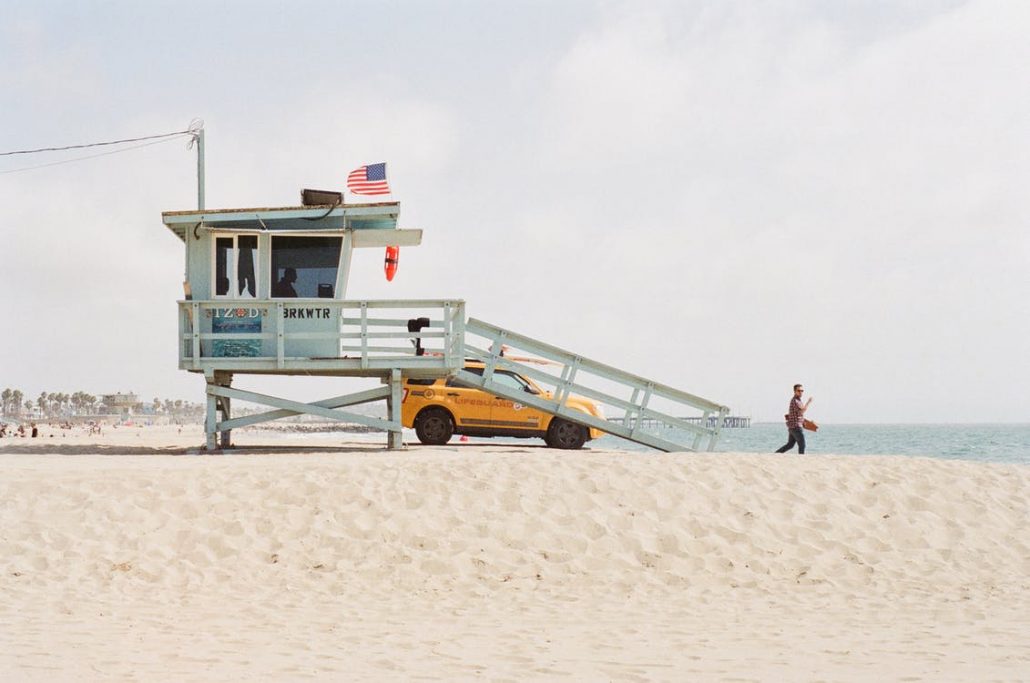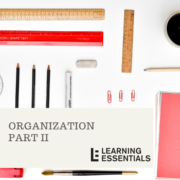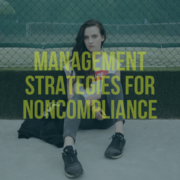Summer Safety Concerns

Schools are out, which brings children and teens outside. They are eager to enjoy the beautiful weather and all that summertime fun entails. For a fun-filled summer vacation free of avoidable injuries, expert tips can help prepare children and those of us working with children during the summer months.
Tips for pedestrians: Of course the obvious guidelines apply, like look both ways before crossing, hold hands with the little ones, listen for oncoming traffic, etc. However, now that the average American 5-year-old has his own phone, adults need to be especially cognizant of the distractibility that phones bring. For day camps or sleepaway camps, children and teens will likely have a smart device with them. While walking, especially in areas with heavy traffic, children should forego the phones. Babysitters, nannies, camp counselors, etc., must encourage walkers to be vigilant while walking. Not only is traffic an issue, but distracted walkers are more likely to incur injuries from stumbles or falls. Earbuds are an added distraction, as children are not able to hear what is happening in their surroundings.
Tips for the heat/sun: Those of us working with children in the summer must be aware of the early signs of heat exhaustion and dehydration. Camps, pool days, sports—all of these activities can pose a threat when the temperatures spike. Adults cannot assume that children show up to these outdoor activities prepared for the sun. It is imperative to have sunscreen, water, snacks, and basic first aid items on hand.
Knowing the symptoms of heat-related emergencies is also essential. Children on the verge of heat exhaustion may exhibit an unusually flushed or pale face, profuse sweating with chills or goosebumps, clammy or cool skin to the touch, nausea, fatigue, or dizziness. Remove them from the sun or outdoors as soon as possible. Provide them with water and/or fluids with electrolytes and monitor them for faintness, vomiting, or diarrhea. Drinking plenty of cold water during the day is crucial, as well. While in the pool, children may neglect their thirst or need for water. Make sure that children are drinking plenty of water, not just swimming in it!
Tips for safe play: Summertime play can also pose issues if supervision is lacking. Even the most experienced bicyclists, roller bladers, and skateboarders must be cautious. Helmets and other protective gear are a must—no matter how confident the rider may be. Adults should always supervise these activities and ensure that children are wearing visible or reflective gear in the evenings.
Jungle gym and playground enthusiasts need to be monitored carefully, as well.
Experts say that, statistically, monkey bars are the most dangerous playground equipment due to falls. The CDC reports that emergency rooms see around 20,000 traumatic brain injury-related accidents each year caused solely by playground falls. Educators, camp counselors, and sitters must be vigilant while children enjoy the playground—and any indication of a head injury should be checked out by a doctor immediately.
Because of the possibility of bug bites and stings, adults working with children must be up to date on EpiPen training. In order to properly administer Epinephrine Auto-Injector to a child experiencing anaphylaxis, adults must be trained and familiar with each child’s individual allergy threats.
Finally, while no child should play with or anywhere near fireworks, each summer brings firework-related injuries. Even popular items such as firecrackers and sparklers can result in serious burns and other injuries—it’s just not a good idea.








